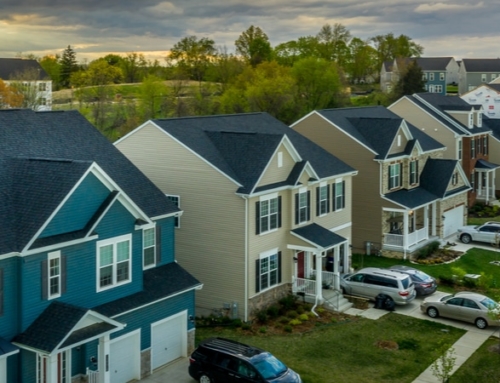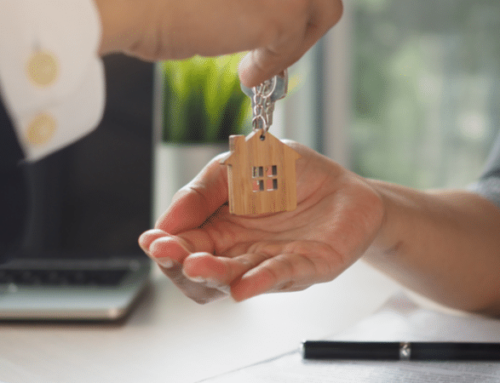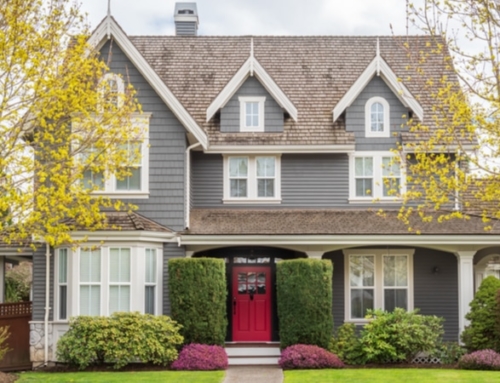In parts of New York city, Boston, Chicago and even San Francisco, the upper end of the housing market appears to be taking a breather. Sales are starting to slow down. Homes are sitting on the market for weeks before receiving an offer. Sellers are starting to rethink their own trade-ups.
In one case, a deal fell apart when the sellers decided not to make the move to a new home they had under contract. They canceled the deal for their current home with the buyer, and then canceled their deal for the new home. The buyers, who have been looking for a home to buy for nearly six months, are still looking.
Have we finally entered the summer slowdown? Or, is the housing market, after five years of going full force, finally losing its steam?
Either way, the slowdown has some pretty stark implications for anxious home buyers and sellers, who may not know how to react in a residential real estate market that’s no longer so one-sided.
Sellers Beware.
Over the past five years, sellers have come to expect that they will sell their home almost immediately for almost any outrageous price that came to mind. Agents privately expressed their angst at listing homes at stratospheric prices, only to eat their words when the home sold in a bidding war the very first week.
The selling was so easy, that more sellers took on the task of selling their own homes to save the 5 to 7 percent commission plus fees that full-service brokers charge. Although the National Association of Realtors reports that FSBO (for sale by owner) home sales stayed around 15 to 20 percent of total sales, other industry observers say the number of FSBO sales approached 30 percent in some super hot markets.
But all this could change if the market enters a serious slowdown, or even just gets back to parity – where the number of buyers roughly equals the number of homes for sale in a given area.
Sellers will have to face the stark reality that their homes may no longer sell immediately, and that profits equal to the historical return of the stock market, are not guaranteed.
In fact, sellers with less desirable homes may go back to playing the waiting game, where their home might sit on the market for months before they receive an offer. And, sellers could come to the unpleasant realization that not only might they not receive more than anyone else who sold on their block – they might receive less.
Home Buyers.
For home buyers, an equitable marketplace means finding more homes available in their price range and desired neighborhood. It also means buyers might not find themselves in a bidding war over the home they want to purchase.
Negotiating in a slower market means home buyers may not be forced to decide on the spot, at their first showing, whether they want to make an offer for a particular home. Second and even third showings might be scheduled before a buyer puts together the offer.
When the offer is finally put together, the initial purchase price may be significantly lower than the seller is expecting. In an equitable market, buyers can afford to take the risk of offering less than their best price on the first – or even second — go around. Negotiations may be drawn out, as buyers and sellers fight over price, closing date, fixtures, and any repairs that need to be made before closing.
Although the amount of stress in the deal won’t necessarily lessen, it will shift from buyers, who shoulder most of the stress in a strong seller’s market, to weigh more equally on both buyers and sellers.
For sellers who waited to sell thinking they’d get a better price this year than last, there is the rude awakening that the market has once again changed. These sellers now face the choice of selling now, or hoping that the end of summer, or the lowering of interest rates, will make it worthwhile waiting to sell until Fall.






Leave A Comment